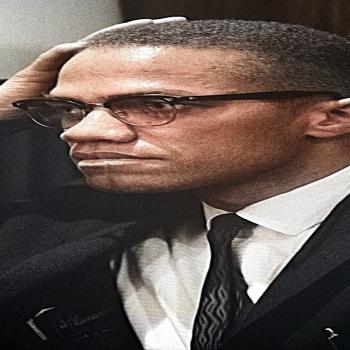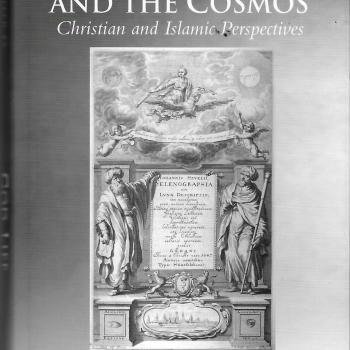 |
|
Who did you say you were again?
|
When Pakistan’s Foreign Minister Khursheed Kasuri met with his Israeli counterpart Silvan Shalom in Istanbul, Turkey two weeks ago in a surprise meeting, Muslim countries from Malaysia to Iran called to register their astonishment. Although it was soon acknowledged that the two countries had held secret talks for much of the past decade, Pakistan was quick to mention that any full diplomatic recognition – currently provided by Egypt, Jordan, Turkey, and Mauritania – would be linked to Palestinian statehood and independence (a recent coup in Mauritania has not affected its ties). Naturally, Israelis have been optimistic while opinions among Pakistanis have ranged from mixed to hostile. Although the move was initially met with approval from Jordan and Turkey (who were the chief facilitators), there was concern from Palestinians (who initially said they weren’t consulted) that their struggle would be sidelined. “There is a difference between notifying us and claiming that we gave the meeting the green light,” said Palestinian Deputy Prime Minister Nabil Shaath. “Israel has done nothing that a country such as Pakistan should reward with a prize.” However, Palestinian Prime Minister Mahmoud Abbas later said he approved the talks in advance. Israel’s disengagement from Gaza is given as the official reason, with the reciprocity aimed at fostering further concessions from Israel toward the Palestinians. But the move is also seen as a means to temper the growing ties between Israel and India, its chief regional rival. “India may have to now swallow a bitter pill,” says Indian lecturer P.R. Kumaraswamy. “In the past New Delhi competed with Pakistan to seek Arab support, now it is reduced to doing the same to retain its friendship with Israel.” Also, there is the added support from American circles (though Kasuri denies they were notified). The move would help defuse tensions over nuclear proliferation, giving Pakistan the tolerance that India and Israel enjoy. And as for the opposition from hardliners in Pakistan, not only did protests in Pakistan fail to materialise, but further opposition from India against the ties may win further support. Highlighting the sensitivities are the details of an official visit from Pakistan to Gaza next month (made possible now by the Israeli contact), where Pakistan insists it is following the lead of the Palestinian Authority. “The future direction of Pakistan-Israel ties depends on decisive moves on the Palestine issue,” said Pakistani foreign office spokesman Naeem Khan, who reiterated that Pakistan expects an independent Palestinian State with Jerusalem as its capital. As for the long term prospects, there is still more eyebrow raising to come – both President Pervez Musharraf and Kasuri are scheduled to address the American Jewish Congress during a visit to the United States this week.
Zahed Amanullah is associate editor of altmuslim.com. He is based in London, England.















